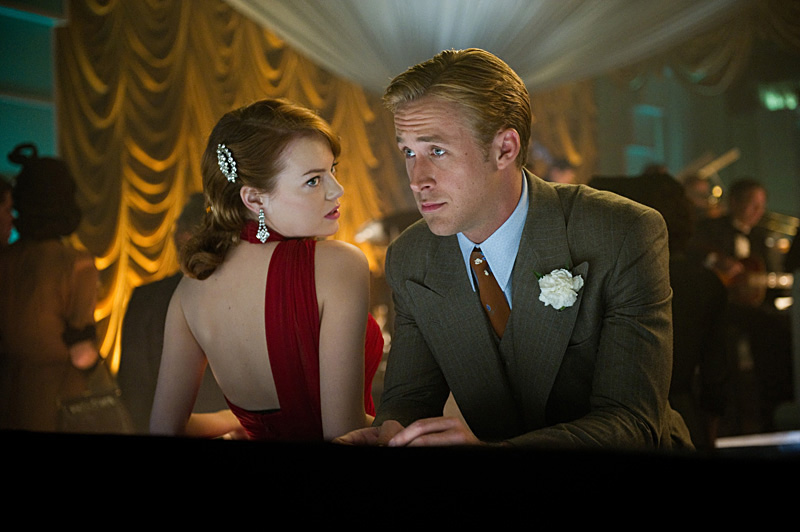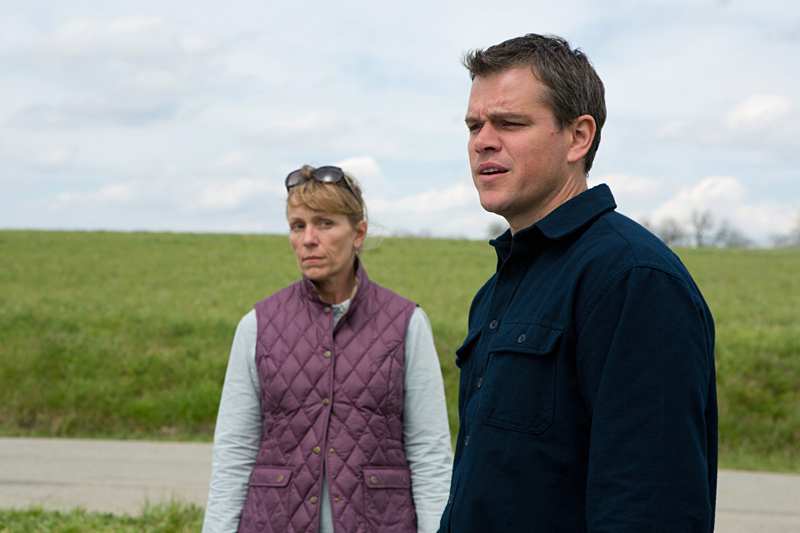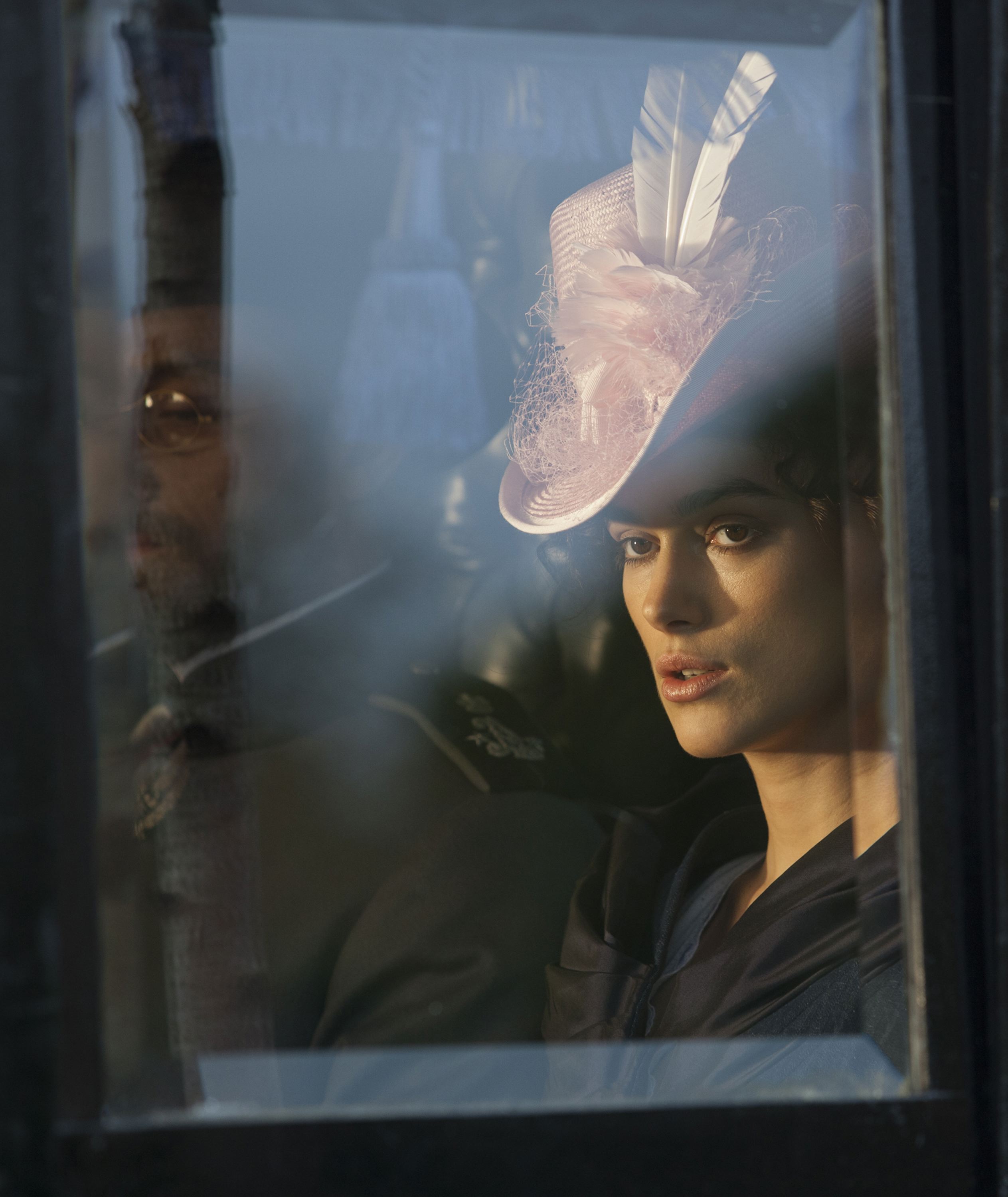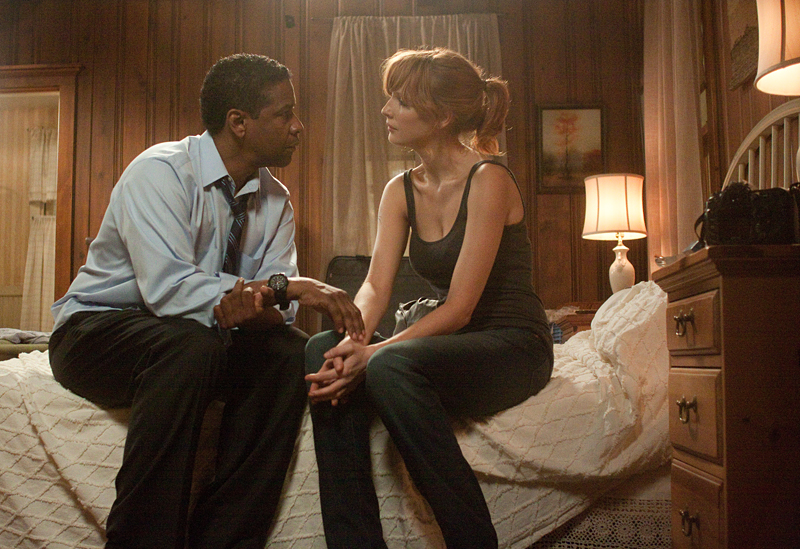The family as microcosm of a divided country: Two brothers “come of age” in late-’60s Italy as political strife reaches the provinces. A bounding prologue shows younger Accio entering adolescence in seminary school, already a waiting vessel for any guiding ideology, begging his priest to relieve him from the temptation of treasured wank material. At home, his older brother Manrico (Riccardo Scamarcio) has become a Communist organizer, with his looks and ardor scoring him plenty of revolutionary ass. Grown up a couple years, Accio—looking to big bro with an ambivalent combination of envy and upstart competitive contempt—applies for his Fascist card. That sibling break is exacerbated by Accio’s unrequited lust for one of Manrico’s disposable girlfriends. If expectedly cynical about junior black-shirt hooliganism, Daniele Luchetti’s film is also ambivalent about the way piggishness takes the guise of “free love” among the left, and deadpan funny with its “de-fascisized” performance of “Ode to Joy” at a student-occupied conservatory. Tumultuously shot “rawness” is the stylistic house rule, but it’s Elio Germano’s Accio who vitalizes the film: He’s hyperreactive, flickering between brash, bashful, playful, and awkward—offering a Swiss Army knife performance that’s diverse and yet totally unified.
My Brother Is an Only Child
Messy Italian Politics Explained as Sibling Rivalry








